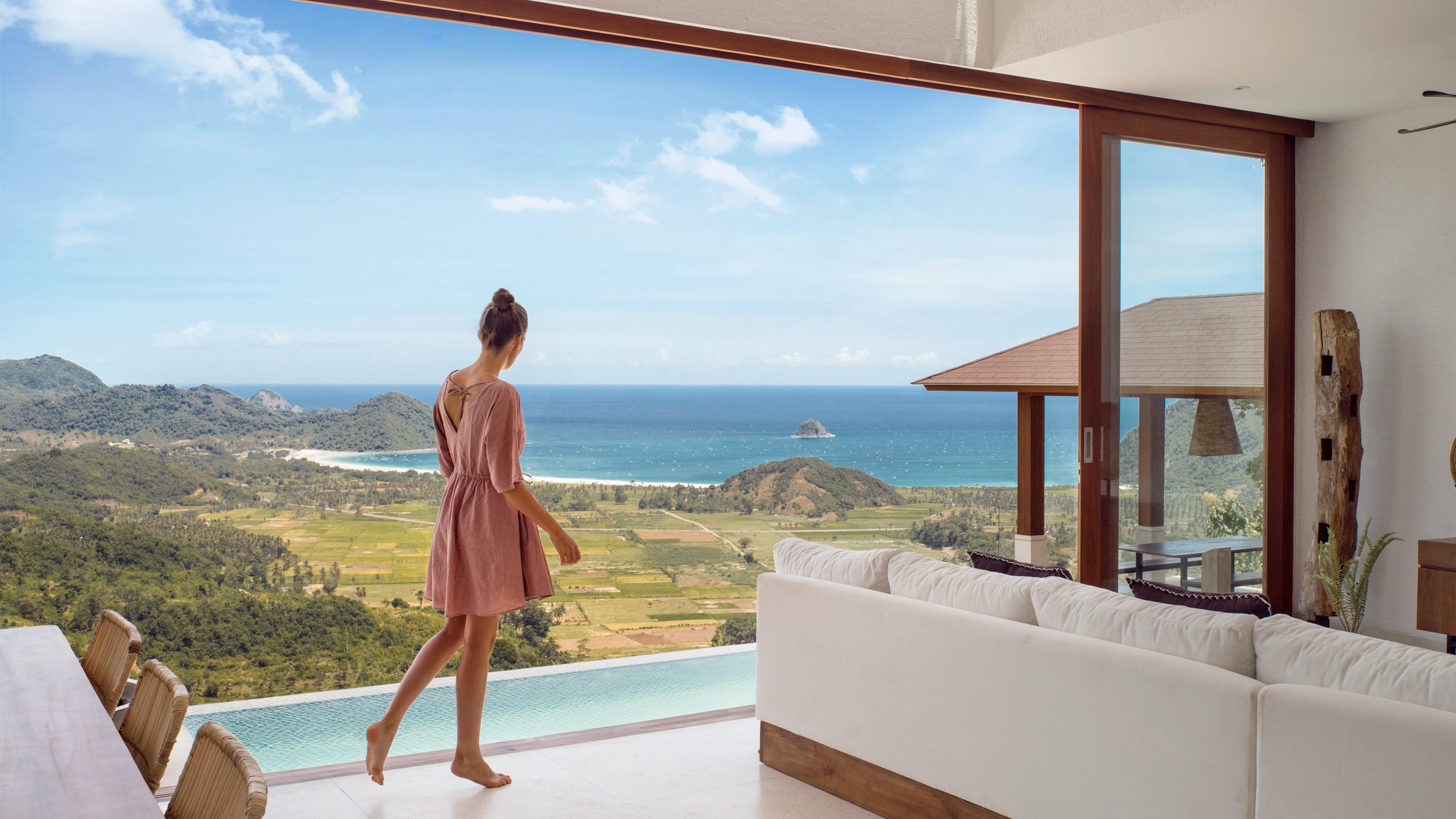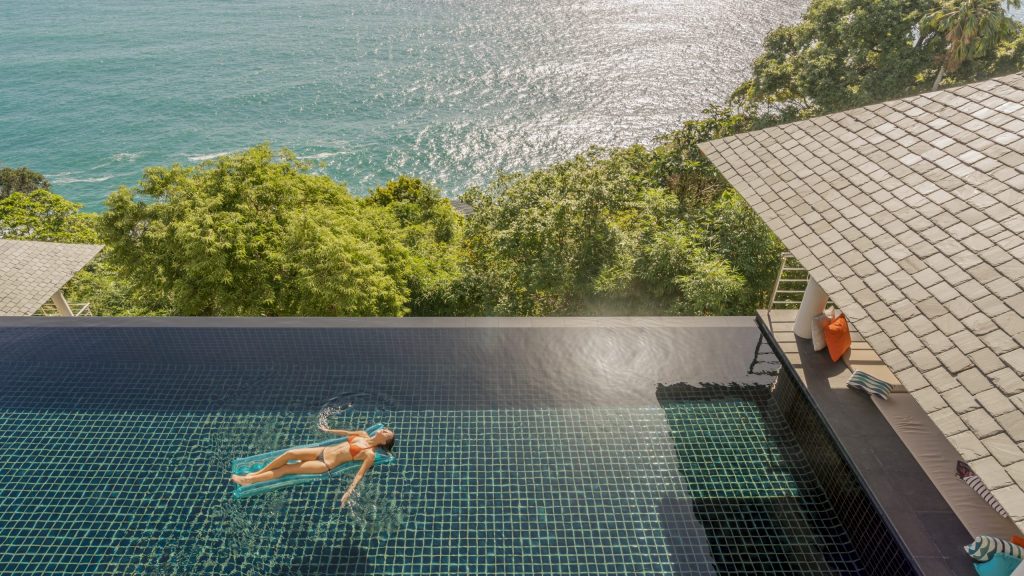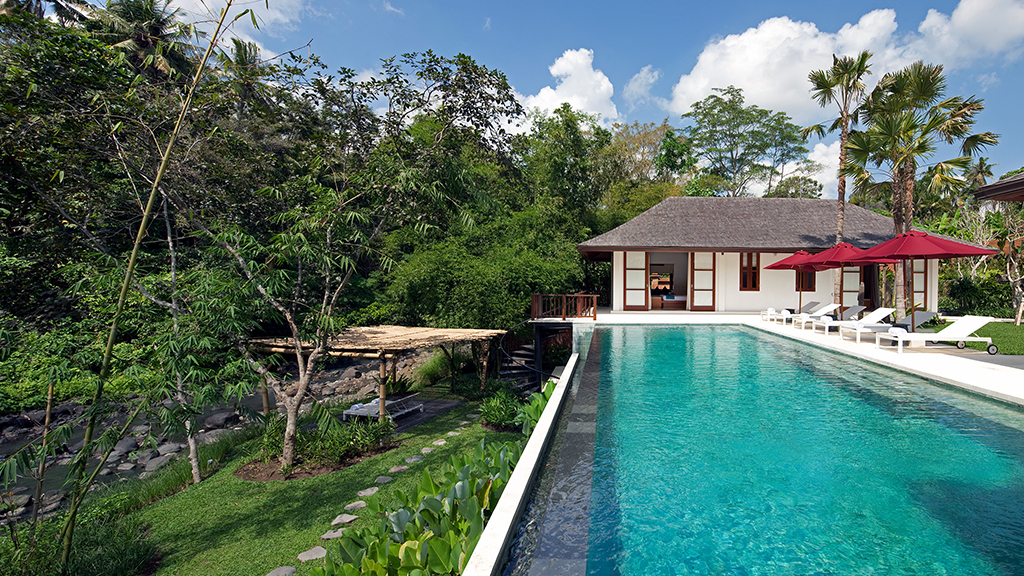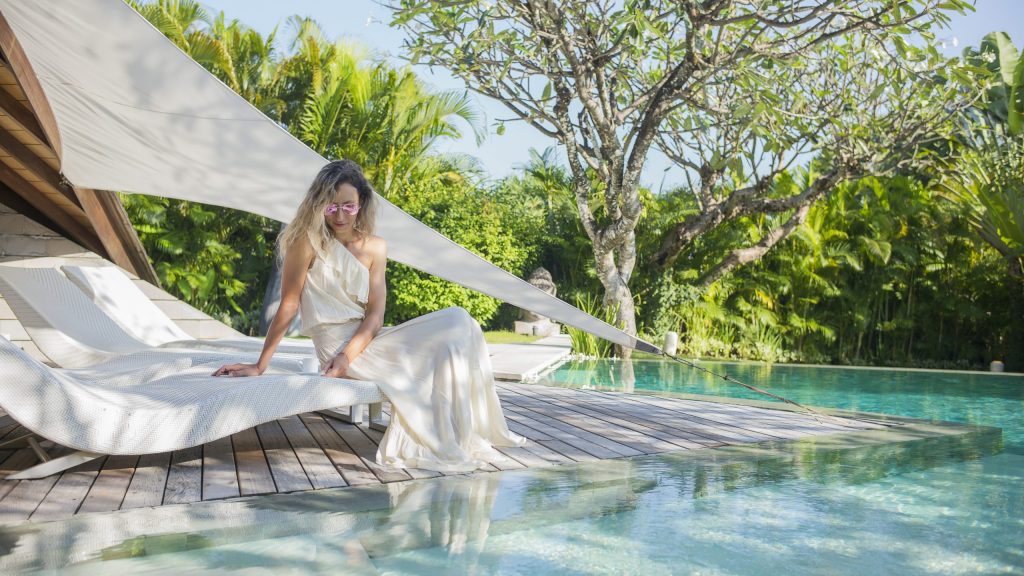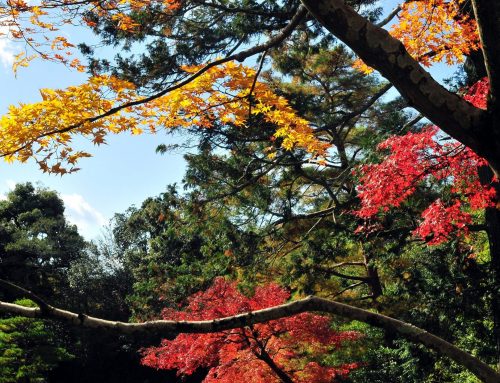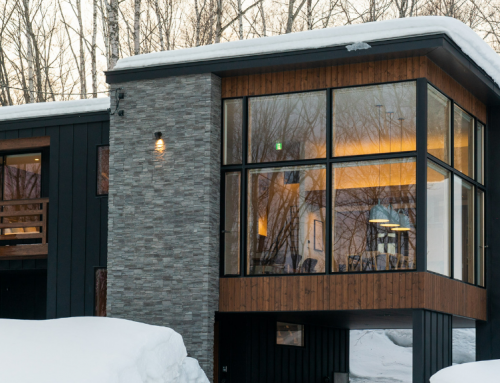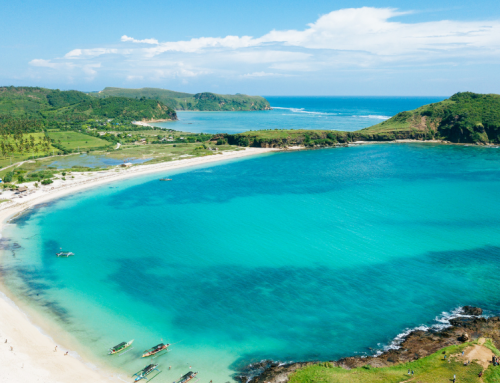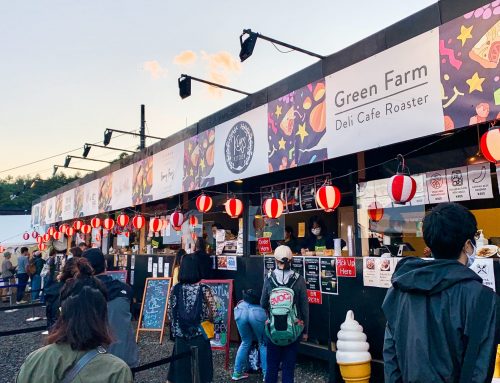The world of travel may seem like a distant dream for now. But with countries finally gaining control over their community spread and easing lockdown restrictions, it’s a thought that is creeping into our minds. When will we be able to get out? What will the world look like, when we do? What can we expect when the borders open up?
In a world where everything is uncertain, one thing remains certain. Travel will no longer be the way it used to be. Much like regular life, which won’t just revert back to how it was before coronavirus swept across the world, travel too will find a new normal. But what will this new normal be?
We spoke to industry specialists, trend-spotters, futurists, hospitality professionals and influencers, trying to get insights that will answer the big question on everyone’s mind – What will travel look like in a post-COVID-19 world? Here are some common predictions:
1. Domestic tourism before international travel
Though some countries may be contemplating lifting international border restrictions, it is domestic tourism which will pick up first. This is corroborated by search history trends which show that domestic tourism is high on people’s mind in countries that are easing lockdowns.
2. Travel bubbles
While some countries may focus only on domestic tourism for phase-1, others will try to create artificial ‘travel bubbles’ with neighbouring countries. Australia and New Zealand, for example, are exploring ways in which they can open up international travel exclusively for each other, infusing much-needed boosters into the economy. We can expect such collaborations within Europe in the future too, especially within Scandinavia and closer home between destinations like South Korea, Singapore, Taiwan and Hong Kong, if community spread numbers continue to decline.
3. Social distancing to stay
Until a vaccine is approved and mass-produced, social distancing will be the new norm in all public places including retail queues and public transport. Six feet apart is the new normal.
4. Private holiday homes vs crowded hotels
Consumer sentiment suggests that heading back into a crowded hotel where you share facilities with hundreds of strangers may not appeal anymore. Exclusivity is the new luxury. Private villas and holiday homes, where you are the only guests, will be the preferred stay option. Having in-villa chefs who can cook five-star meals without you having to go to a crowded restaurant seal the deal.
5. Road trips before air travel
Though airlines such as Air Asia are developing hazmat suits to prepare for border openings, air travel may take a while to recover for the sole reason that it is difficult to socially distance yourself in a plane. This may drive up airline ticket prices, a necessity for the flagging aviation industry, making other modes of travel more attractive such as road trips, which bring us back to point 1 of the resurgence of domestic travel.

Photo credit: @pueyquinones
6. Virtual travel
Until travel opens up for us to physically go wandering, we continue to fulfil our wanderlust with virtual travel. Data shows that searches related to ‘Virtual Tours’ have grown 20x since March 2020. Tourism boards are using this opportunity to allow people to glimpse all that they have to offer so that when travel does open up, you know exactly where it is that you want to head to
7. Masks remain fashionable
With Disney manufacturing superhero masks and Louis Vuitton entering the luxury end of the segment, masks are not just the latest accessory, they are here to stay. Countries like Japan and South Korea with existing mask-wearing cultures found this to help immensely in their fight to curtail the virus’s spread. We expect to see more of this across the world, where masks will be the new lipstick.

Photo credit: Masker Untuk Indonesia
8. Flexibility remains important
With uncertainty in the air, flexibility will be more important than discounts and promotions. People want the reassurance that their money won’t disappear and in case they can not travel at the appointed date due to government restrictions, they have the option of rescheduling.
9. Staycations, long stays before weekend breaks
The first kind of travel to potentially open up will be staycations as people tire of being stuck within their own four walls. Long stays will follow, with self-isolation rules being imposed by some countries. If I have to isolate myself, why not do so in a palatial villa with stunning sea views, you’ll ask yourself. Especially with discounts making them more affordable.
10. Business travel before leisure
Consultants suggest that business travel will open up before leisure travel does, within the framework of the predictions above. However, trips will not be short overnighters anymore. Longer trips will be planned where the executive can be based in one destination and conclude work for the foreseeable future. For the travel industry, this means that villas with office spaces will be in high demand, and high-speed WiFi and access to printers, etc. become a necessity.
To explore and discover is a visceral need and is likely to stay. Everyone still wants to travel but it is important to acknowledge that travellers’ needs have changed. Companies that are able to feel the pulse of the changing consumer and are agile enough to transform accordingly, will find themselves better positioned in the new world, once it opens up.
Dealing with the travel blues? Let us take you to the far-flung places that you miss as you close your eyes and travel.


